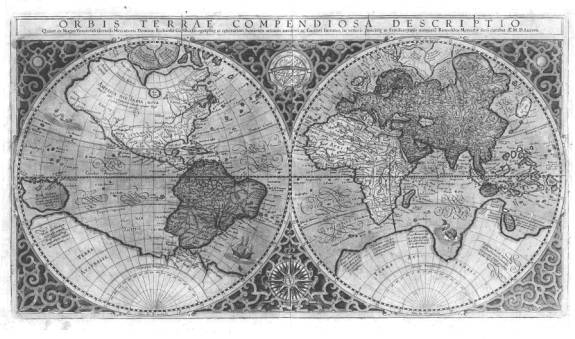LITR 5734:
Colonial & Postcolonial Literature

Sample Student Final Exams 2008
Essay 1: Describe and evaluate your learning experience or learning curve (Objective 3 + others)
Tanya Stanley
Removing Ignorance and Lessening Resistance
Ignorance of a larger world and alternative worldviews continues to plague many Americans. As I revealed in my midterm, I thought the colonial and postcolonial course would solely focus on Native-Americans and the colonizers of America. I did not imagine we would be studying anything beyond the American borders, which signifies my ignorance of what lies beyond our country. However, after completing the colonial and postcolonial course, I realized how little Americans know about the rest of the world because of our isolationism. After reading and discussing some of Derek Walcott’s poetry, E. M. Forster’s A Passage to India, Khushwant Singh’s Train to Pakistan, Daniel Defoe’s Robinson Crusoe, and Jamaica Kincaid’s Lucy—along with the two texts we read prior to the midterm, Joseph Conrad’s Heart of Darkness and Chinua Achebe’s Things Fall Apart—my learning experience encompassed new insights and I gained an eagerness to read more novels from around the world. The course, the lectures, and the novels introduced me to two concepts of analysis within the field of literature: intertextuality and historicism. By experiencing dialogues between texts and by learning more about historicism, Americans can overcome their ignorance of the larger world and overcome their resistance to alternative worldviews—objective three in the course—as I have.
During one of our first lectures, the term intertextuality became part of my terminology and found its place in our discussions. Prior to this course, I did not have any experience with dialogues between texts. As I reveal in my midterm, in my previous classes we only focused on one text at a time. Objective one, bringing colonial texts into dialogue with postcolonial texts, had a major impact on my learning experience throughout the course. By beginning the semester with the dialogue between Heart of Darkness and Things Fall Apart, I had a better understanding of how texts can talk to each other. The dialogue between A Passage to India and Train to Pakistan was more difficult because, as a product of objective three, I had no previous knowledge regarding the history of India or Pakistan and I had no experience with the cultures. By reading the texts together, I became more familiar with the cultural aspects, the histories, and the conflicts. Intertextuality taught me more about literature and cultures outside the United States, which significantly lessened my resistance of alternative worldviews and made me aware of my own ignorance of a larger world.
Objective one also introduces historicism. After learning how texts share a dialogue, I began to look at the struggles people face such as modernity versus tradition. I had previously read Robinson Crusoe, so my understanding of the novel was more in-depth than my understanding of Passage to India or Train to Pakistan, which allowed me to analyze the text more thoroughly. I felt closest to the novel Lucy because Lucy did everything in her power to do the opposite of her mother’s wishes; Lucy is an example of historicism through the concept of modernity versus tradition. Curtisha Wallace, a student during the fall 2005 semester, describes how Lucy “will not read the letters she receives from her mother. As a matter of fact, she feels burdened by her mother’s love” (Wallace 2005). Crusoe, like Lucy, also went against his parent’s wishes by leaving his home for the sea, highlighting the conflicting desires between parents and their children. Within the study of historicism, we can focus on modernity versus tradition and first world versus third world throughout Lucy and Robinson Crusoe. Lucy and Crusoe represent modernity with their desires to leave home and explore new places while their parents’ oppositions represent tradition, highlighting the intertextuality between colonial and postcolonial texts. Lucy leaves the third world to enter the first world while Robinson leaves the first world and enters the third world. I believe readers notice parallels between characters, plots, and themes almost automatically, but without further analyzing the novels, readers only notice the novels share similarities but not the dialogues. The concept of historicism also helped me realize the familiarity between people of different cultures further lessening my resistance to a larger world.
With the new knowledge of intertextuality and historicism, I have learned a new way to read and analyze novels. By focusing my readings and analyses on objective one, I also realized Derek Walcott’s ability to represent several different cultures through own voice within his poetry. Throughout the course, Walcott represented Africa, India, and the Caribbean. My second research report posting, “Derek Walcott: More Than a Poet,” helped me recognize textual dialogues more because Walcott conveys his understanding of many cultures around the world through an intertextuality between colonial and postcolonial texts. I hope that as a student of literature I can become more like Walcott. Because of the course, my ignorance of a larger world is gone and my resistance to alternative worldviews is lessening.
